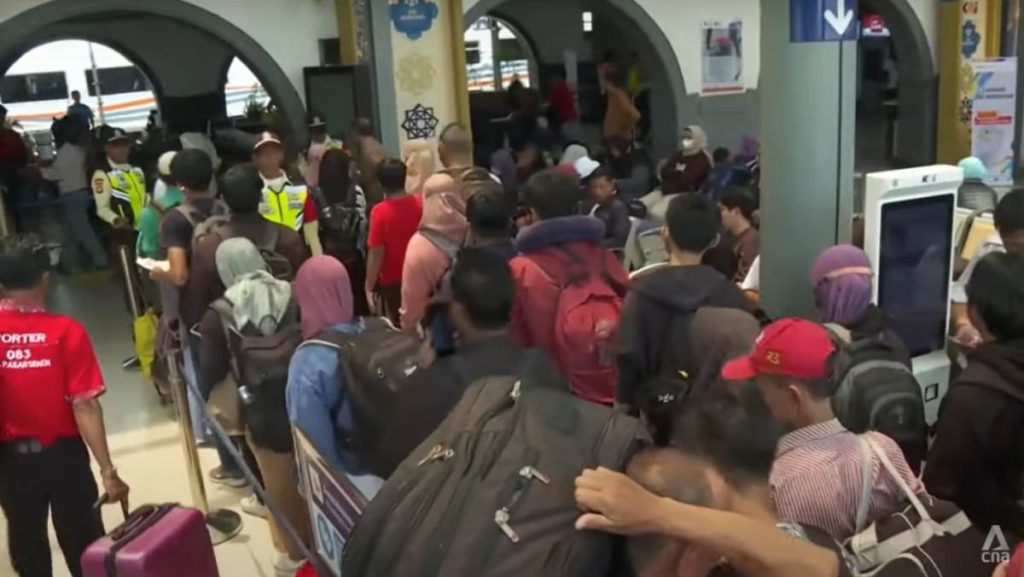Many people are excited to experience the Jakarta-Bandung high-speed rail, also known as Whoosh, for the first time as they travel to visit their extended families. This innovative new mode of transportation is expected to provide a fast and efficient way for individuals to travel between the two cities. The high-speed rail system is a major infrastructure project in Indonesia and has been eagerly anticipated by both locals and tourists alike. With faster travel times and state-of-the-art technology, the Whoosh train is set to revolutionize the way people move between Jakarta and Bandung.
For many passengers, the opportunity to travel on the Whoosh high-speed rail represents a chance to reconnect with their loved ones and strengthen family ties. With the ability to cover the distance between Jakarta and Bandung in just a fraction of the time compared to traditional modes of transportation, individuals can now visit their extended families more frequently and conveniently. This increased accessibility is likely to have a significant impact on how families are able to stay connected despite living in different cities. The Whoosh high-speed rail is not only a mode of transportation but also a means of bringing people closer together.
The Jakarta-Bandung high-speed rail is also expected to have a positive impact on the local economy by boosting tourism and attracting more visitors to the region. With improved connectivity between the two cities, tourists will now have an even easier time exploring all that Jakarta and Bandung have to offer. This increased flow of visitors is likely to stimulate the local economy, create new job opportunities, and support the growth of businesses in the area. The Whoosh high-speed rail represents a significant investment in the infrastructure of Indonesia and is poised to have far-reaching benefits for the country as a whole.
The introduction of the Whoosh high-speed rail is also likely to have environmental benefits by reducing the reliance on cars and other forms of transportation that contribute to pollution and congestion. By offering a more efficient and sustainable way to travel between Jakarta and Bandung, the high-speed rail system has the potential to decrease carbon emissions and improve air quality in the region. This shift towards more environmentally friendly modes of transportation aligns with global efforts to combat climate change and reduce the impact of human activities on the environment. The Whoosh high-speed rail represents a step towards a more sustainable future for Indonesia.
As more and more people choose to travel on the Jakarta-Bandung high-speed rail, the demand for tickets and services is expected to increase. The convenience and efficiency of the Whoosh train are likely to attract a large number of passengers, both locals and tourists, who are looking for a fast and reliable mode of transportation between Jakarta and Bandung. To meet this growing demand, operators of the high-speed rail system will need to ensure that they can provide a high level of service and maintain the safety and comfort of their passengers. This will require ongoing investment in the maintenance and operation of the Whoosh high-speed rail to ensure that it continues to meet the needs of its passengers.
Overall, the Jakarta-Bandung high-speed rail, known as Whoosh, represents a significant and exciting development in Indonesia’s transportation infrastructure. By providing a fast, efficient, and sustainable way for individuals to travel between Jakarta and Bandung, the Whoosh high-speed rail is set to bring about a range of benefits for passengers, the local economy, and the environment. As more people experience the convenience and comfort of traveling on the high-speed rail system, the Whoosh train is likely to become an integral part of how individuals move between these two important cities. Ultimately, the Jakarta-Bandung high-speed rail is poised to transform the way people connect with their extended families, explore new destinations, and contribute to the ongoing development and growth of Indonesia.














